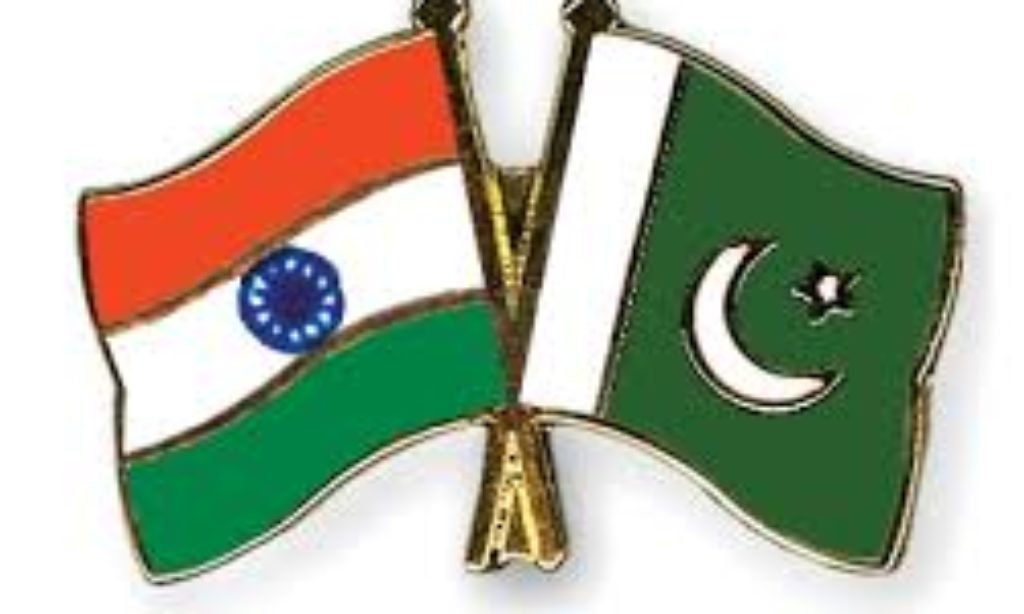The neighboring country Pakistan had said that it would not allow any changes in the Indus Waters Treaty after India strongly pitched for bilateral redressal of differences while putting into the practice the 56-year-old agreement.
“Pakistan will not accept any modifications or changes to the provisions of the Indus Waters Treaty (IWT). Our position is based on the principles enshrined in the treaty. And the treaty must be honored in letter and spirit,” said Special Assistant to Prime Minister Tariq Fatemi to Dawn News.
However, the external Affairs Ministry Spokesperson Vikas Swarup said, there is no reason why the technical design parameters on which Pakistan has raised issues cannot be resolved by the experts from both the sides. India thinks that these discussions should be given sufficient time, said Swarup.
However, India’s call for more time had alarmed Pakistan, the Dawn reported.
“Islamabad argued that India used the same strategy on previous occasions, completing a project during the dispute and then insisting that since the project was already complete, it could not be modified,” said the report.
Signed in 1960, the treaty gives India power over the three eastern rivers of the Indus basin including the Beas, Ravi and Sutlej. On the other hand, Pakistan has the three western rivers including the Indus, Chenab and Jhelum.
The treaty also sets up a mechanism – the Permanent Indus Commission – that includes a commissioner from each nation.
The current row is about the Kishenganga (330 megawatts) and Ratle (850 megawatts) hydroelectric plants. As India is building the plants on the Kishanganga and Chenab rivers, Pakistan claims it is violating the IWT.
Tensions rose over the water dispute after PM Modi threatened to obstruct the flow of waters into Pakistan. Both the nation had already finished the process proposed in the IWT. And they approached the World Bank only after the commission called it “a dispute” as required, said the experts. “Dragging it through an already exhausted process will not help,” an expert said as per a report in TOI.
“Pakistan was seeking a court of arbitration because only the proposed court had the authority to consider both legal and technical aspects of the dispute. A neutral expert could only consider the technical aspects,” added the daily.
The World Bank earlier this week declared pausing of the two different processes started under the IWT to let the two nations to mull over options to resolve their disagreements.


















